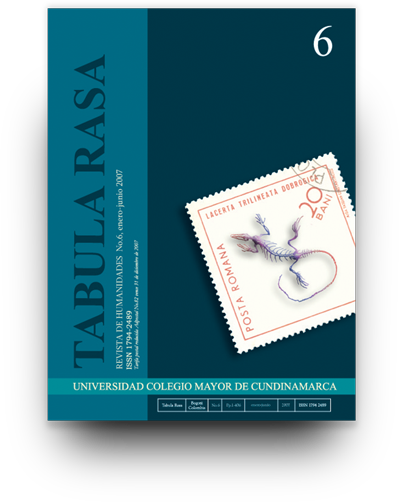¿Capitalism and urbanization in a new key? The cognitive-cultural dimension
¿Capitalismo y urbanización en una nueva clave? La dimensión cognitivo-cultural
Show authors biography
The cognitive-cultural dimensions of contemporary capitalism are identified by referring to its dominant sectors, core technologies, labor relations systems, and market structures. The cognitive-cultural systems of production and work are predominantly manifested in large city-regions. Such a state of affairs is manifested in the various groupings of advanced technology sectors, service functions, neo-artisan manufacturing activities and cultural products that are usually found in these regions. It also manifests itself in the training of a broad layer of highly-skilled cognitive-cultural employees in urban areas. Many of them engage in distinctive forms of workplace learning, creativity and innovation. At the same time, the cognitive-cultural economy in contemporary cities is invariably complemented by large numbers of jobs with low training requirements and low wages, and the individuals who enroll in them are generally immigrants from developing countries. The ideological-political ramifications of this situation are matters of analysis in the context of a critique of the current very popular idea of the «creative city». I hypothesize that we must go beyond local economic development defenses that prescribe the deployment of select amenity packages as a way to attract elite workers to certain urban areas. Instead, I propose that policymakers pay more attention to the dynamics of the cognitive-cultural production system as such, and that in the interest of shaping viable urban communities in modern capitalism we are firmer in attempts to rebuild sociability, solidarity and democratic participation.
Article visits 159 | PDF visits 59




